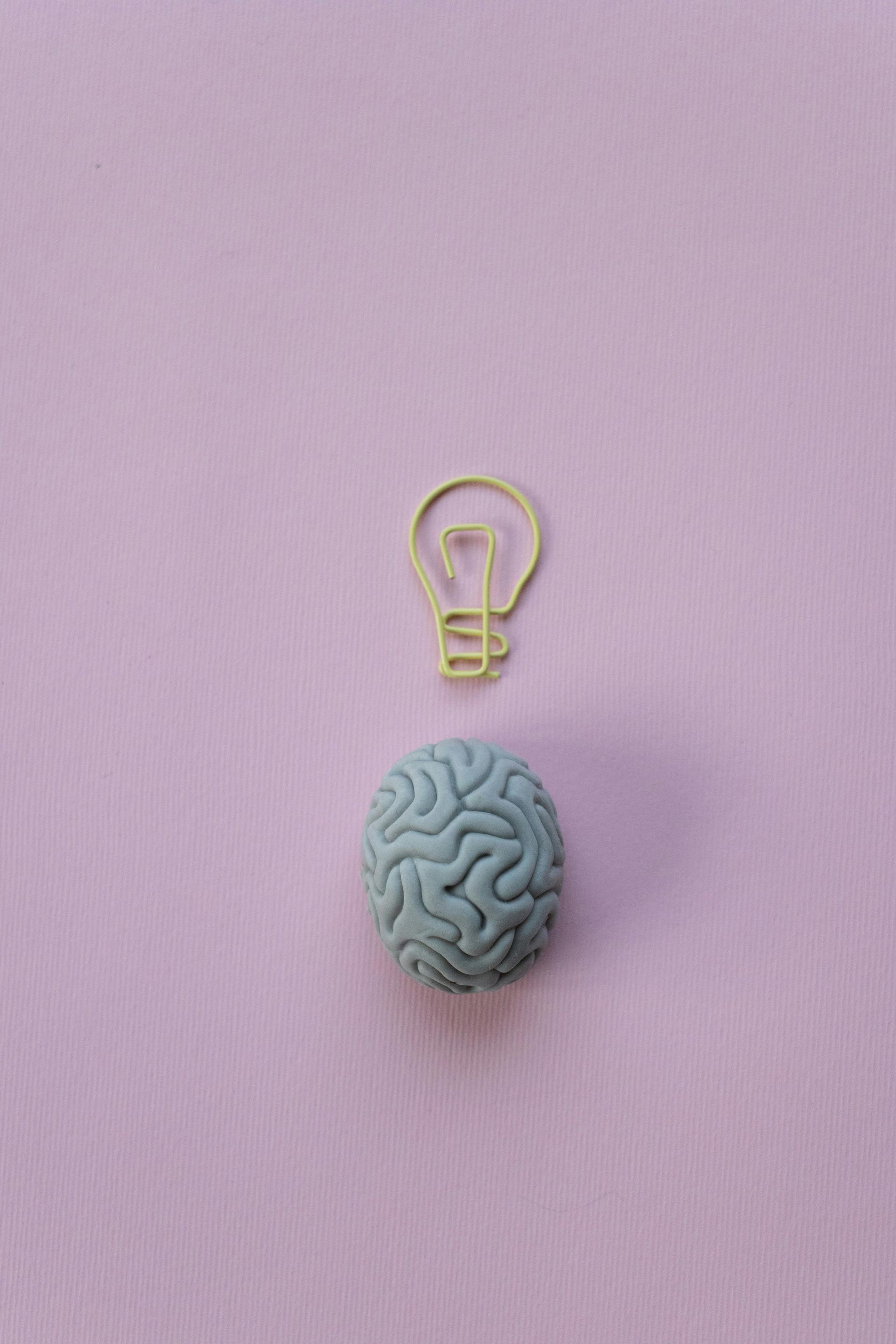Introduction
In our fast-paced, modern world, it's easy to prioritize work, socializing, and entertainment over something as seemingly basic as sleep. However, the correlation between sleep and mental health is undeniable. Quality sleep plays a crucial role in maintaining our emotional well-being, cognitive abilities, and overall mental health. In this blog post, we'll explore the impact of sleep on our minds, the consequences of poor sleep, the benefits of a good night's rest, and practical tips for achieving better sleep.
The Link between Sleep and Mental Health
Sleep and mental health share a complex and bi-directional relationship. While a lack of sleep or poor sleep quality can adversely affect mental health, pre-existing mental health issues can also disrupt sleep patterns, creating a vicious cycle.
Effects of Poor Sleep on Mental Health
Increased Risk of Mood Disorders: Sleep and mood are intricately connected. Chronic sleep deprivation can lead to heightened levels of stress, anxiety, and irritability. Studies have shown that individuals with insomnia are at a higher risk of developing depression and other mood disorders.
Impaired Cognitive Function: Insufficient sleep negatively impacts cognitive functions such as memory, concentration, and decision-making. Sleep-deprived individuals may struggle to focus on tasks, retain information, and make rational judgments, affecting their mental clarity and performance.
Heightened Vulnerability to Anxiety Disorders: Sleep plays a vital role in regulating emotions, and a lack of it can make individuals more susceptible to anxiety disorders. A well-rested mind is better equipped to cope with stressful situations and manage anxiety.
Increased Risk of Psychiatric Conditions: Prolonged sleep disturbances have been linked to an increased risk of developing psychiatric conditions, including bipolar disorder and schizophrenia.
The Mental Health Benefits of Quality Sleep
1. Improved Emotional Resilience: Quality sleep promotes emotional resilience, allowing individuals to better cope with life's challenges and stressors. A well-rested mind is more adaptable and less likely to be overwhelmed by emotional turbulence.
2. Enhanced Cognitive Functioning: When we sleep, our brains consolidate memories, process information, and repair neural connections. This enhances our ability to think clearly, make sound decisions, and solve problems efficiently.
3. Better Stress Management: Adequate sleep helps regulate stress hormones like cortisol, which in turn reduces overall stress levels. Managing stress effectively is essential for maintaining good mental health.
4. Mood Regulation: Sound sleep positively influences neurotransmitters responsible for mood regulation, such as serotonin and dopamine. This leads to an uplifted mood and a greater sense of well-being.
The Path to Better Sleep
Now that we understand the profound impact of sleep on our mental health, let's explore practical strategies to achieve better sleep:
Stick to a Consistent Sleep Schedule: Maintain a regular sleep-wake cycle, even on weekends. This helps regulate your body's internal clock, improving the quality of your sleep.
Create a Relaxing Bedtime Routine: Establish a calming pre-sleep routine to signal your body that it's time to wind down. This may include reading a book, taking a warm bath, or practicing relaxation techniques like deep breathing.
Limit Screen Time Before Bed: The blue light emitted by screens can disrupt the production of melatonin, the hormone responsible for sleep. Avoid electronic devices at least an hour before bedtime.
Create a Comfortable Sleep Environment: Ensure your bedroom is conducive to sleep by keeping it cool, dark, and quiet. Invest in a comfortable mattress and pillows that provide proper support.
Watch Your Diet: Avoid heavy meals and caffeine close to bedtime, as they can interfere with sleep. Opt for a light, sleep-friendly snack if you're hungry before bed.
Stay Active During the Day: Engage in regular physical activity, as it can improve sleep quality. However, avoid intense exercise close to bedtime, as it may make falling asleep more challenging.
Manage Stress: Practice stress-reducing techniques such as meditation, yoga, or mindfulness to clear your mind before bedtime.
Conclusion
Sleep is not merely a time of rest; it is a fundamental pillar of our mental health and overall well-being. The correlation between sleep and mental health is evident, with poor sleep contributing to various mental health challenges and adequate sleep promoting emotional resilience and cognitive function.
Prioritizing sleep is not a luxury but a necessity for leading a fulfilling and healthy life. By adopting healthy sleep habits and creating a sleep-conducive environment, we empower ourselves to take charge of our mental health and embrace each day with a positive and refreshed mindset.
Remember, a good night's sleep is a powerful tool for a happier mind, so let's invest in our sleep to invest in our mental health. Sleep well, live well!











